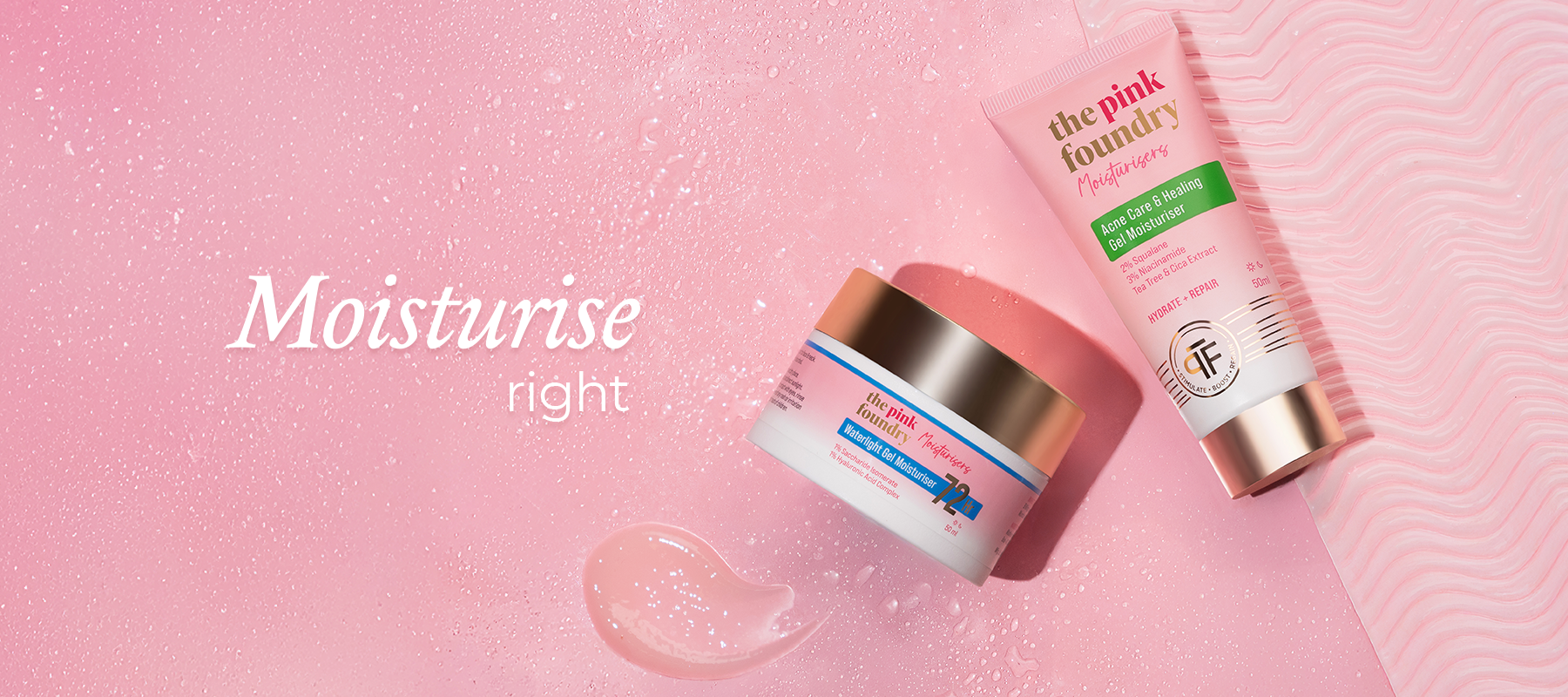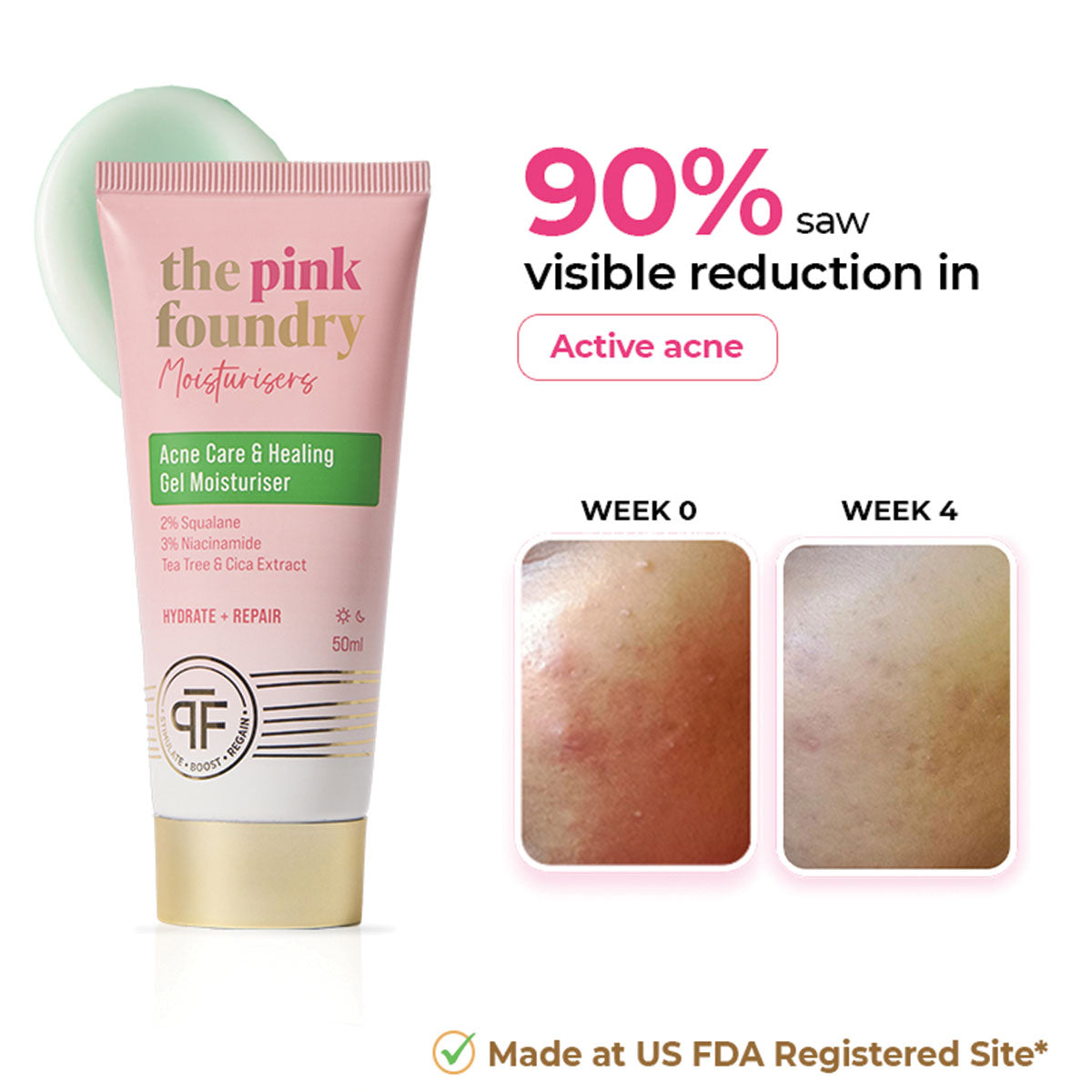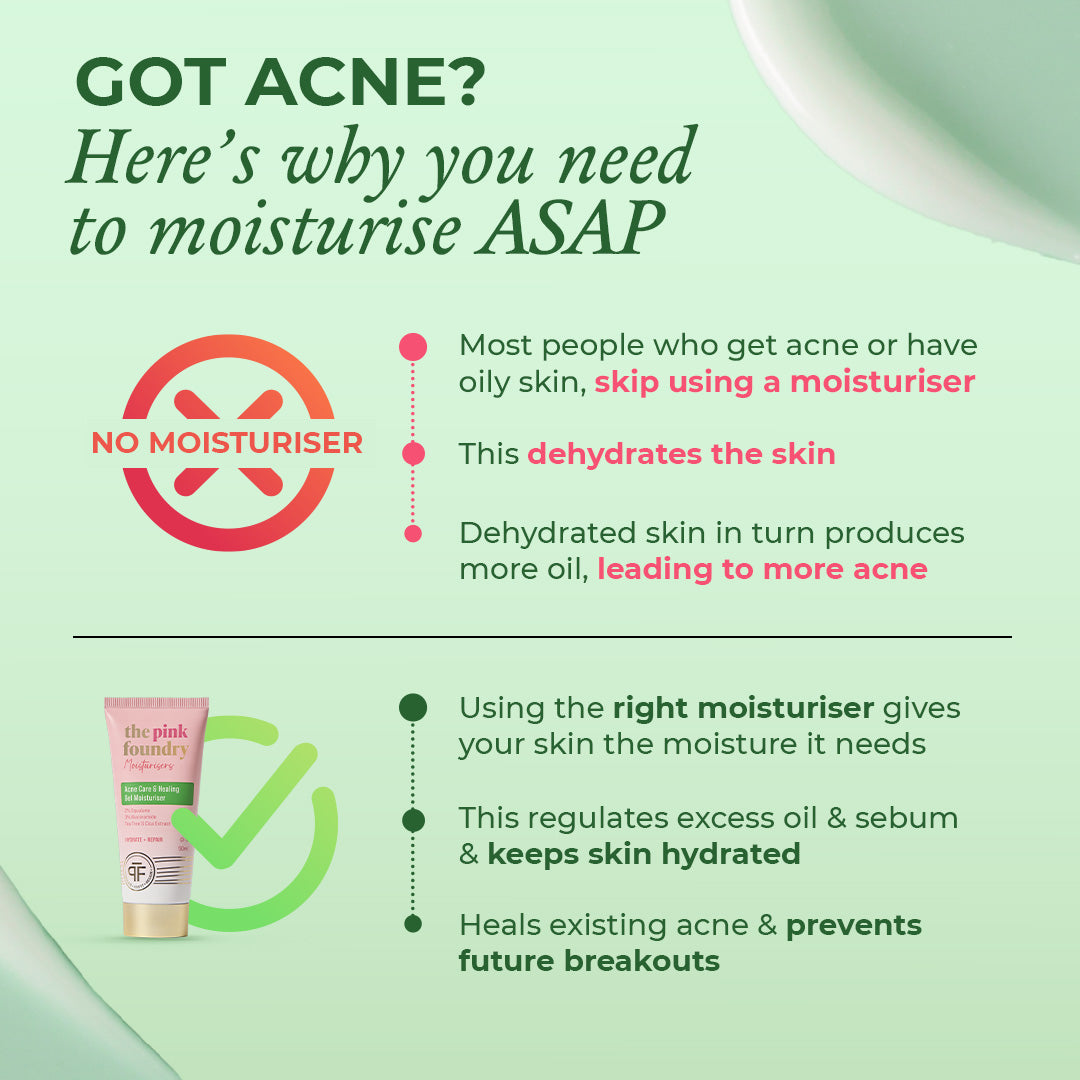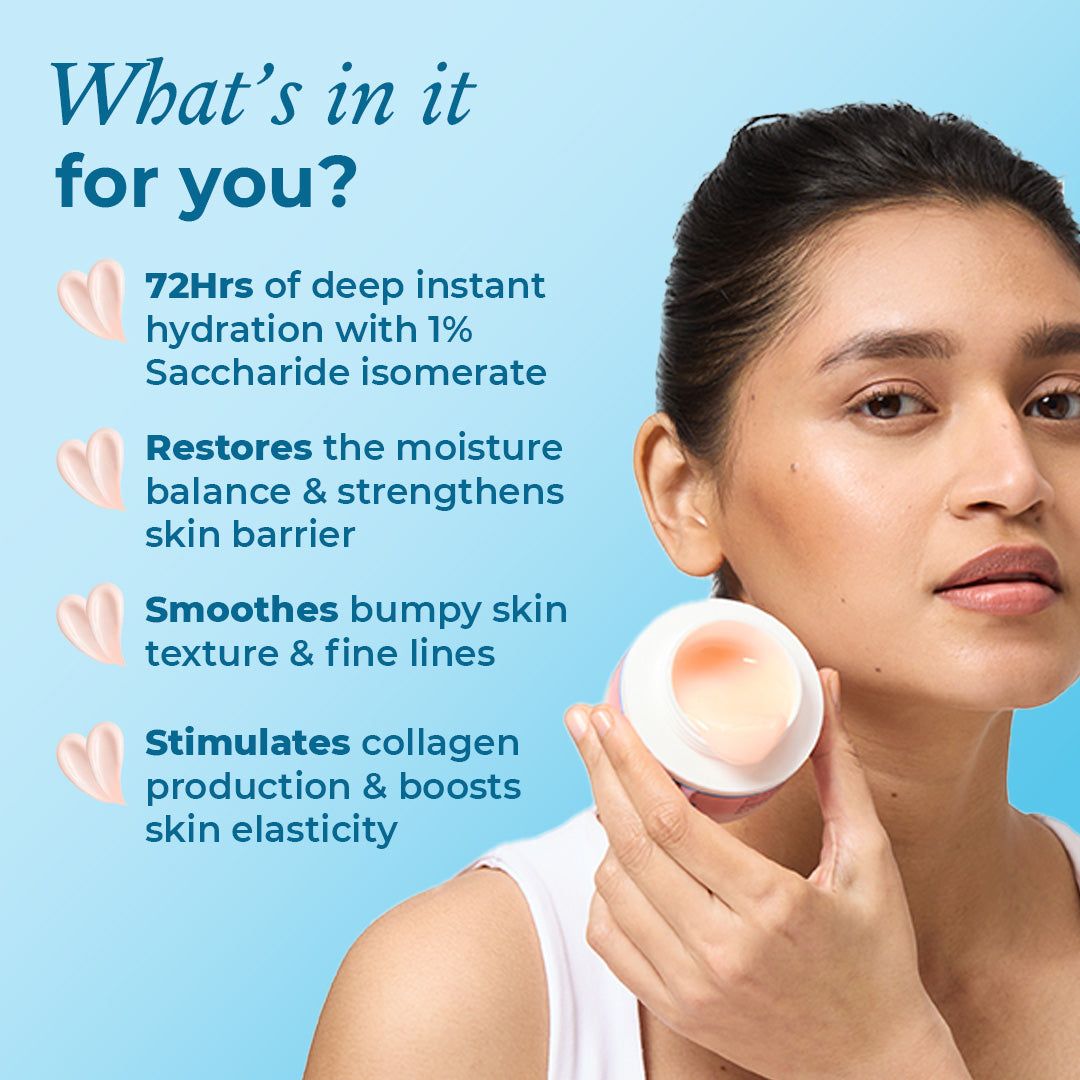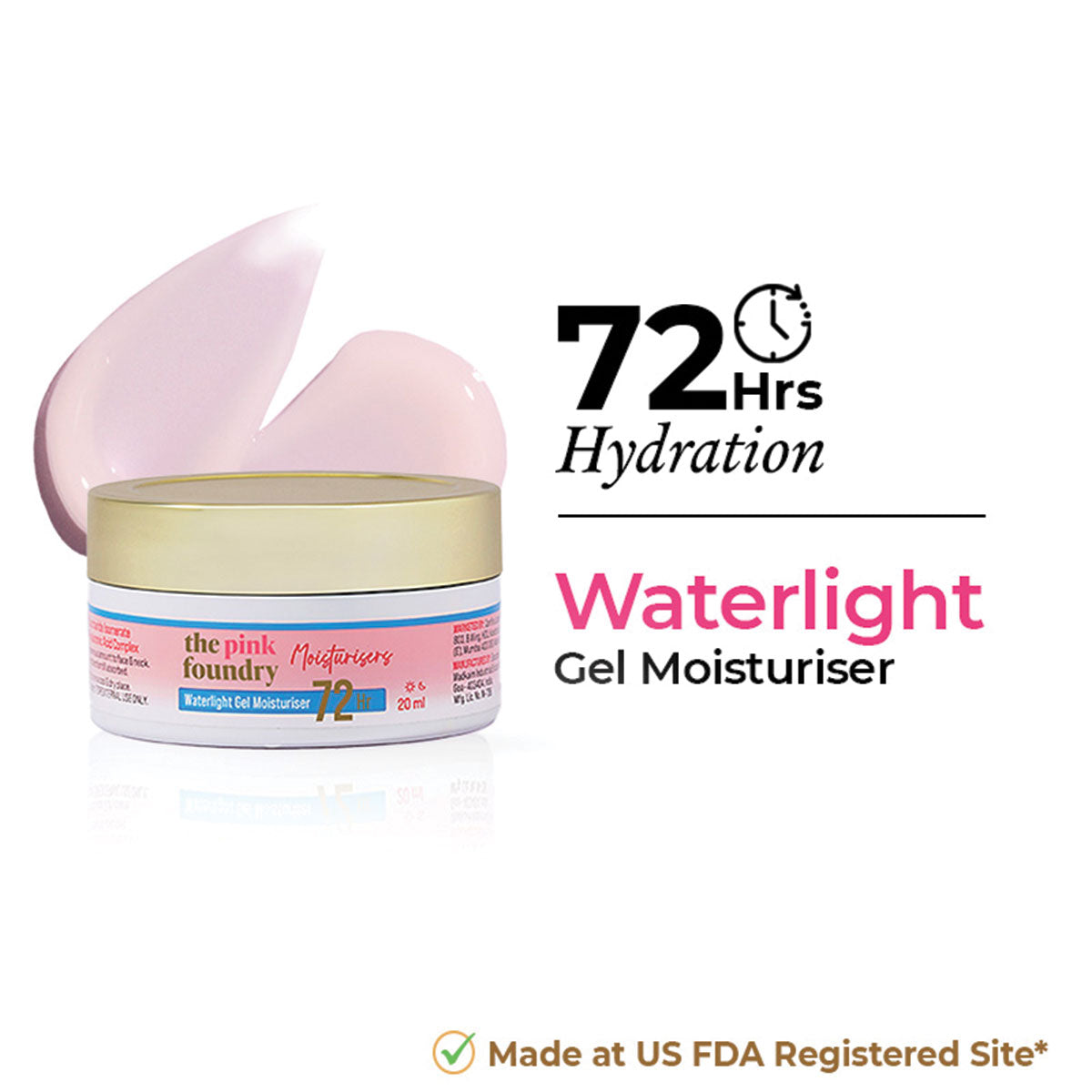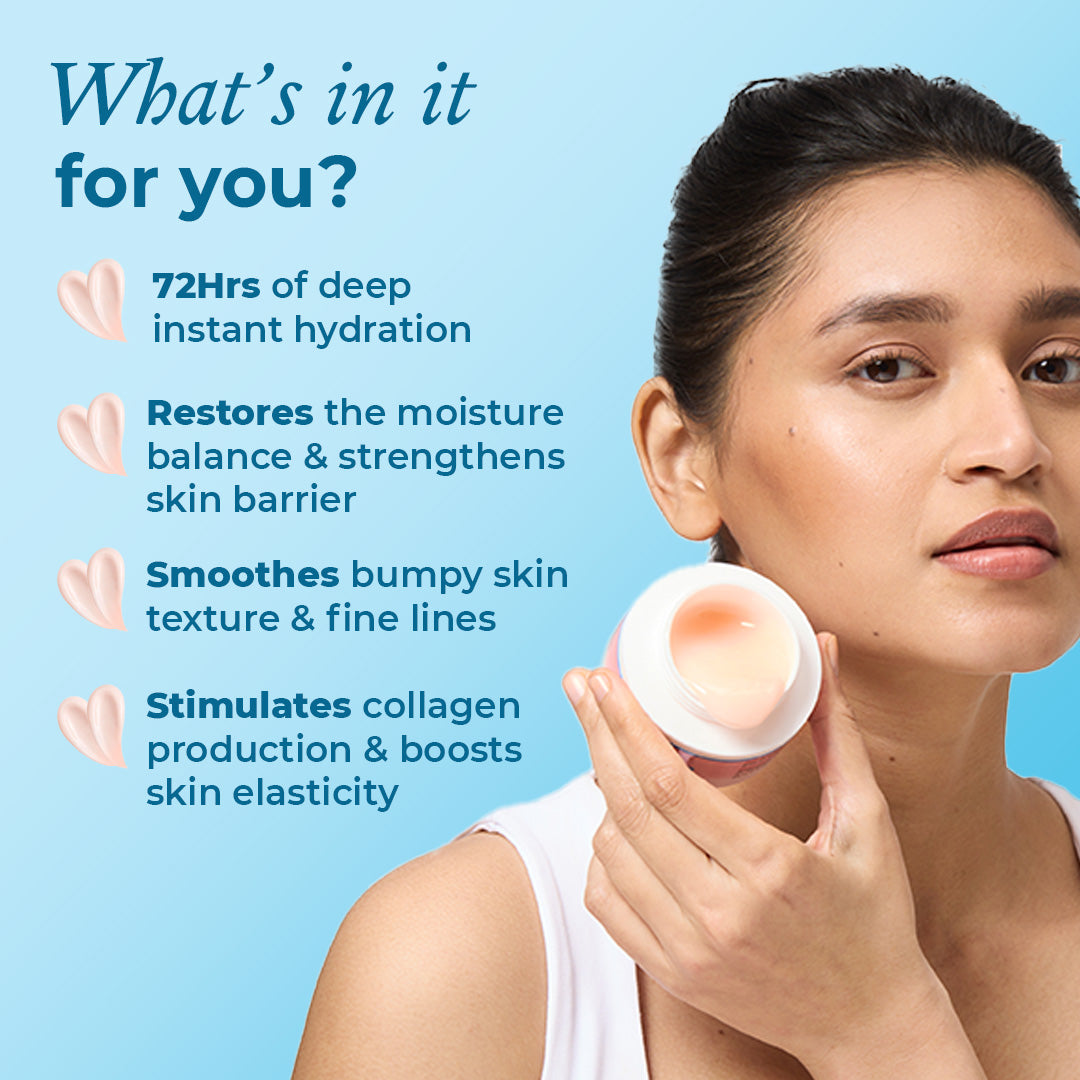Filters
Acne Care & Healing Gel Moisturiser
Sale price₹ 474
Regular price₹ 499
Waterlight Gel Moisturiser 72 Hour Hydration
Sale price₹ 521
Regular price₹ 549
Barrier Repair & Restore Moisturiser
Sale price₹ 1,899
Mini Waterlight Gel Moisturiser 72 hour Hydration
Sale price₹ 299






















































